Directory
- Share
Muhammad Iqbal
- Alumni
- Indonesia
- 2019 PhD Pathology
- Downing College
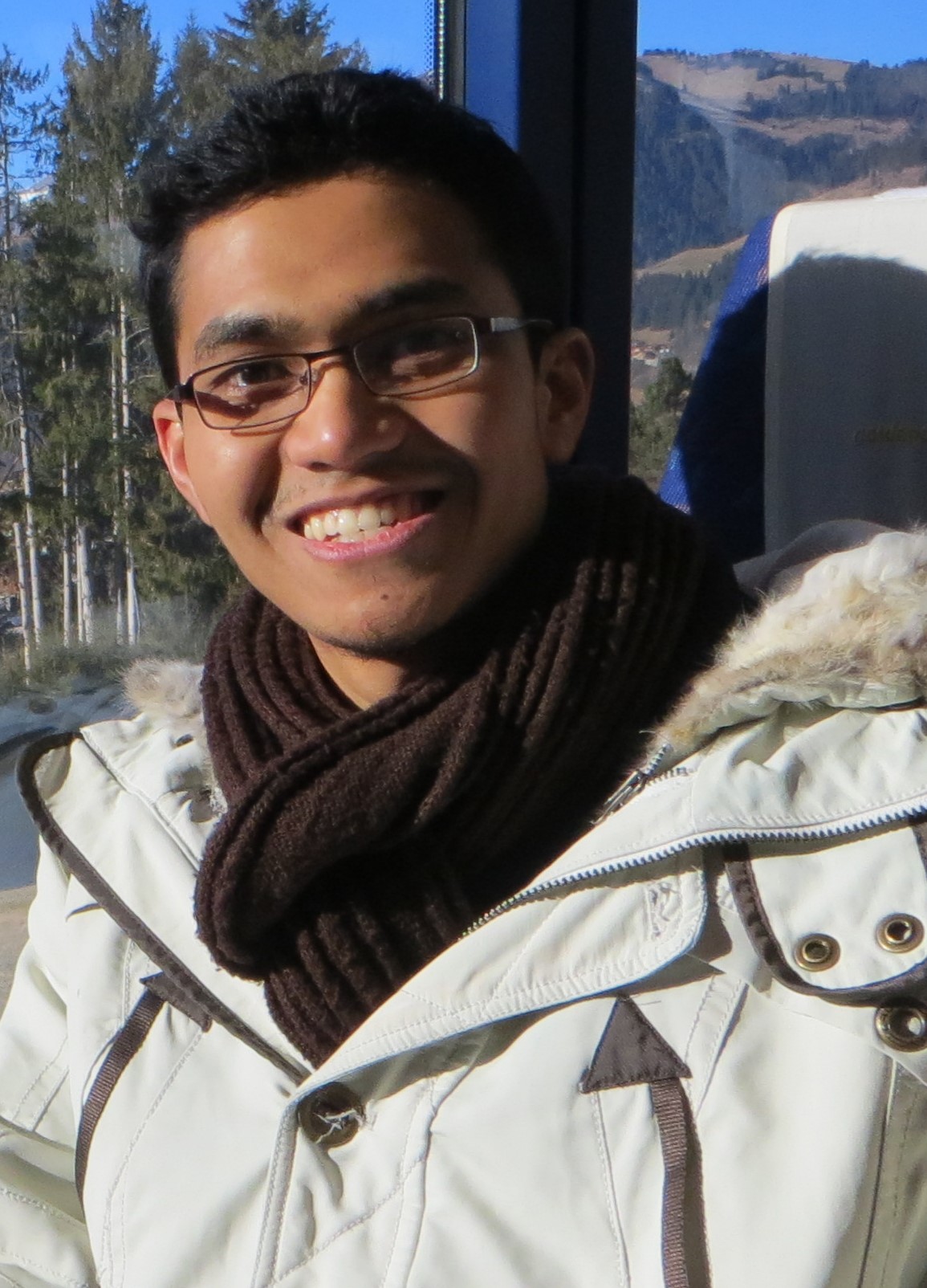
Muhammad Iqbal
- Alumni
- Indonesia
- 2019 PhD Pathology
- Downing College
Since completing school education, I have had a firm intention to become a biomedical researcher who can translate research queries into practical application for the Indonesian people. My journey towards that dream is always challenging, but interesting and full of contemplation at the same time. I have gone through a set of diverse experiences at the past to finally formulate my own direction for this dream; from being a bioengineer that produced a cancer cell-specific inducer of apoptosis from a chicken anaemia virus gene to founding my own start-up company focusing on natural product utilisation for bacterial infections. Now, I am directing my future to become an immunologist that aims at ending the global issue of antibiotic resistance. To this end, I am looking forward to enhancing my skills in research by undertaking a PhD with Prof Okkenhaug & Dr Conway Morris, where I will investigate how we can manipulate the human neutrophil phosphoproteomic response to Staphylococcus aureus and identify potential non-antibiotic therapies for augmenting the host clearance of this crucial pathogen. This degree will be paramount for me to establish biomedical research environment in Indonesia and help developing Indonesian biopharmaceutical industry. Such work will be of relevance to many similar nations, and will help address the global burden of infectious diseases. In my spare time, I love spending time with my family and friends & writing my bioscience blog at iqbalmuhammad.com.
Darja Irdam
- Alumni
- Estonia
- 2011 MPhil Modern Society and Global Transformations
2012 PhD Sociology - Peterhouse
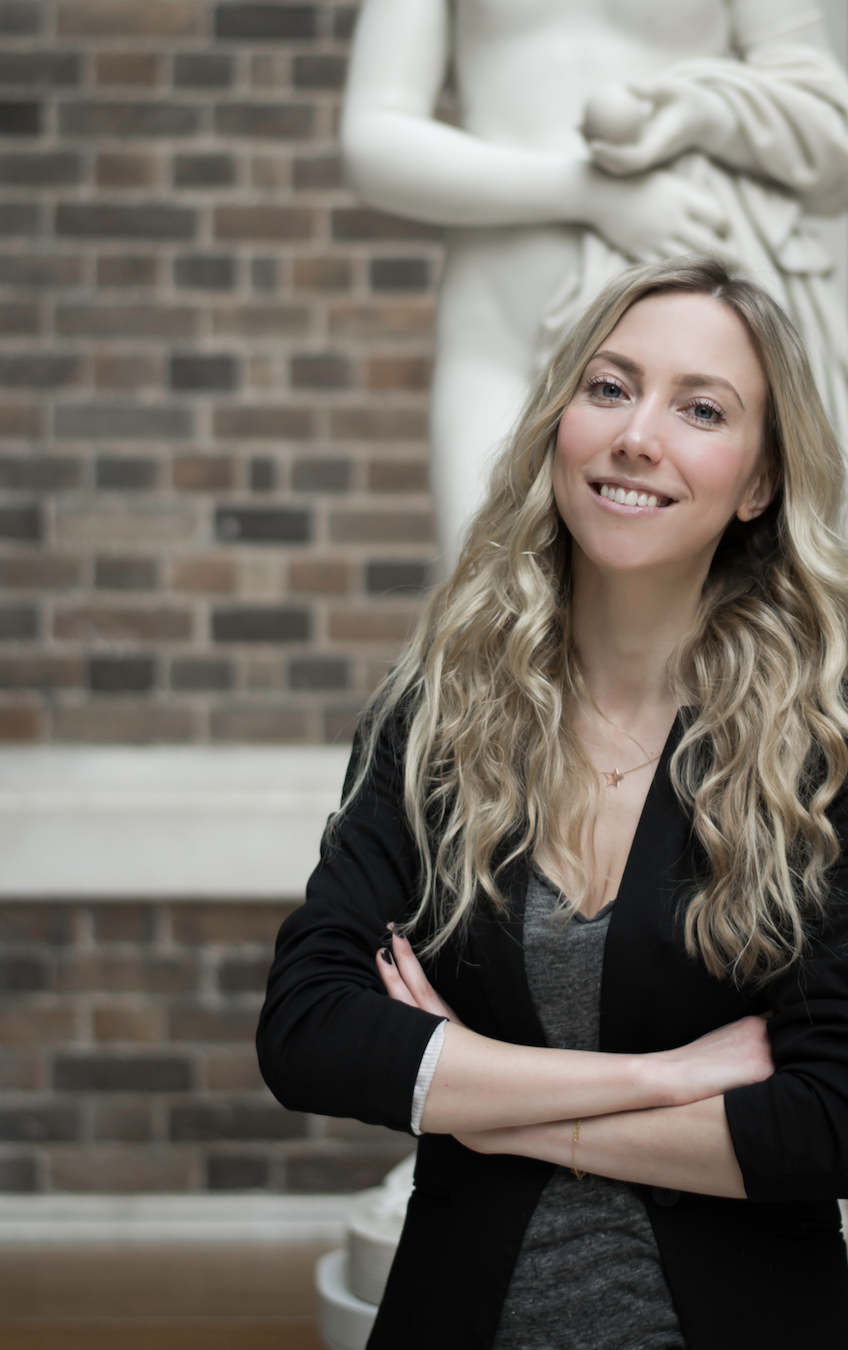
Darja Irdam
- Alumni
- Estonia
- 2011 MPhil Modern Society and Global Transformations
2012 PhD Sociology - Peterhouse
At the University of Cambridge, I studied the political economy of health. During my PhD, I studied the link between privatisation policies and increased alcohol-related mortality rates. I have worked in health and healthcare research since I completed my studies because I am passionate about health and healthcare and I believe that we can use our achievements in science and technology to improve people's health all over the world. As a Gates Cambridge alumna, I strive to make people believe they can create change and improve not only their own lives but also the lives of others.
Links
Muhammad Irfan
- Alumni
- Pakistan
- 2008 PhD Development Studies
- St John's College
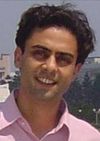
Muhammad Irfan
- Alumni
- Pakistan
- 2008 PhD Development Studies
- St John's College
Before coming to Cambridge for MPhil Development Studies, I was working as a Civil Servant in Pakistan - involved in multilateral negotiations at the WTO and part of the Trade Policy formulation team. After completing my PhD in the Political Economy of International Trade, I am now working at Pakistan's Permanent Mission to the World Trade Organisation in Geneva.
Asiya Islam
- Alumni
- India
- 2015 PhD Sociology
- Christ's College
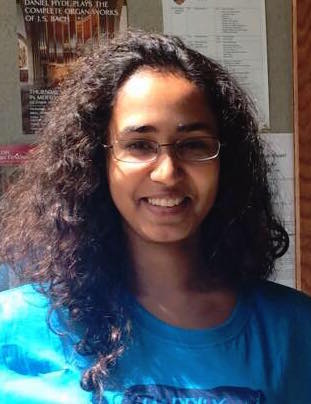
Asiya Islam
- Alumni
- India
- 2015 PhD Sociology
- Christ's College
I grew up in the small city of Aligarh in India and studied at Aligarh Muslim University where I became politically involved in issues of gender equality. I took up Women’s Studies as one of my subsidiary subjects. My interest in the area led me to a Master’s in Gender, Media and Culture at the London School of Economics and Political Science. I then worked as Equality and Diversity Adviser at the London School of Economics and Political Science for five years while also writing about gender and race issues as a freelance journalist for The Guardian, New Statesman, Open Democracy, etc.At Cambridge, my PhD (2015-19) explored gender and class formations in urban India through an ethnography with young lower middle class women employed in services, such as, in shopping malls, cafes, call centres, and offices in Delhi. Following the PhD, I was selected for a Junior Research Fellowship (2019-22) at Newnham College, University of Cambridge, where I developed a new project on gender, digital technology, and the future of work in India. In January 2022, I was appointed Lecturer in Work and Employment Relations at the University of Leeds, where I continue to work.
Previous Education
London School of Economics & Political Science (Un
Aligarh Muslim University
Links
https://www.linkedin.com/pub/asiya-islam/17/462/106
http://twitter.com/asiyaislam
Zenobia Ismail
- Alumni
- South Africa
- 2013 PhD Politics and International Studies
- Wolfson College

Zenobia Ismail
- Alumni
- South Africa
- 2013 PhD Politics and International Studies
- Wolfson College
I grew up in Pretoria, South Africa but studied and worked in Johannesburg. Between 2008 and 2011 I was involved in multi-country research on democracy and governance in sub-Saharan Africa. In 2011 I read for a master’s degree in African studies. My dissertation analysed the fall of a dominant political party which had governed for twenty years. I am interested in democratisation in Africa particularly with regard to the efficacy and integrity of elections in dominant party states. My doctorate will examine the relationship between voters and political parties to understand what draws voters to political parties. The influence of government performance, ethnicity, clientelism, leadership and ideology will be considered to determine if voters are making rational choices when they vote or if they are motivated by deeper, intrinsic ties to political parties instead. I hope to write a book on elections in Africa to stimulate debate on how citizens use their right to vote.
Noah Isserman
- Alumni
- United States
- 2008 MPhil Geographical Research
2009 PhD Geography - Gonville and Caius College
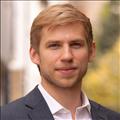
Noah Isserman
- Alumni
- United States
- 2008 MPhil Geographical Research
2009 PhD Geography - Gonville and Caius College
Noah Isserman is an academic, strategist, and entrepreneur focused on the financing and future of social goods. He is Visiting Assistant Professor-elect of Business Administration and Social Work at the University of Illinois, where is founding director of two campus-wide programs: Social Innovation (socialinnovation.illinois.edu) and the iVenture Accelerator for top student startups (iventure.illinois.edu). He is also one of four Core Committee members working on the design and rollout of a new $50M Design Center for the campus.As a consultant, Noah has worked on five continents, independently and with Common Ground Consulting, with dozens of organizations and boards on strategy, process, and messaging As an entrepreneur and CEO, Noah has helped build and sell two profitable enterprises — WholeData, LLC, acquired by the Upjohn Institute, and MAStorage, Inc., — both of which deliberately generated social and commercial value. Noah marries his professional experience with broader theory in academic research and teaching. He has designed and delivered courses at the Universities of Cambridge and Illinois at the undergraduate, MBA, MSt, and MTech levels. Noah’s work and research in civil society has been funded by the US State Department and Aga Khan Foundation, among many others, and has been recognized by more than a dozen awards and fellowships. He holds degrees from Amherst College (cognitive neuroscience) and Cambridge (economic geography).
Links
https://business.illinois.edu/profile/noah-isserman
http://www.noahisserman.com
https://www.linkedin.com/in/isserman
Jose Izquierdo
- Alumni
- Chile
- 2013 PhD Music
- Clare Hall

Jose Izquierdo
- Alumni
- Chile
- 2013 PhD Music
- Clare Hall
I’m from Valdivia, a small city in southern Chile, and since I can remember I have been interested in history and music. For this reason, studying musicology has been a real gift in my life. I have been quite involved in conservation and heritage in Chile, restoring historic instruments and also founding and developing archives and music collections. I have written various books and papers on the way identity and music have been relevant for the development of different communities in my country. For my PhD in Cambridge I hope to write on the changes in cultural life from colonial to republican times in South America, with a special interest in the Viceroyalty of Peru and how European-style music was rethought at this time in such a different place from where it was created. Much of this music has never been heard before, being buried for centuries, so it is always very exciting to find and rediscover old scores for the first time, studying them and the musicians behind the notes.
Aline Jabbari
- Scholar
- Netherlands
- 2025 PhD Social Anthropology
- Newnham College
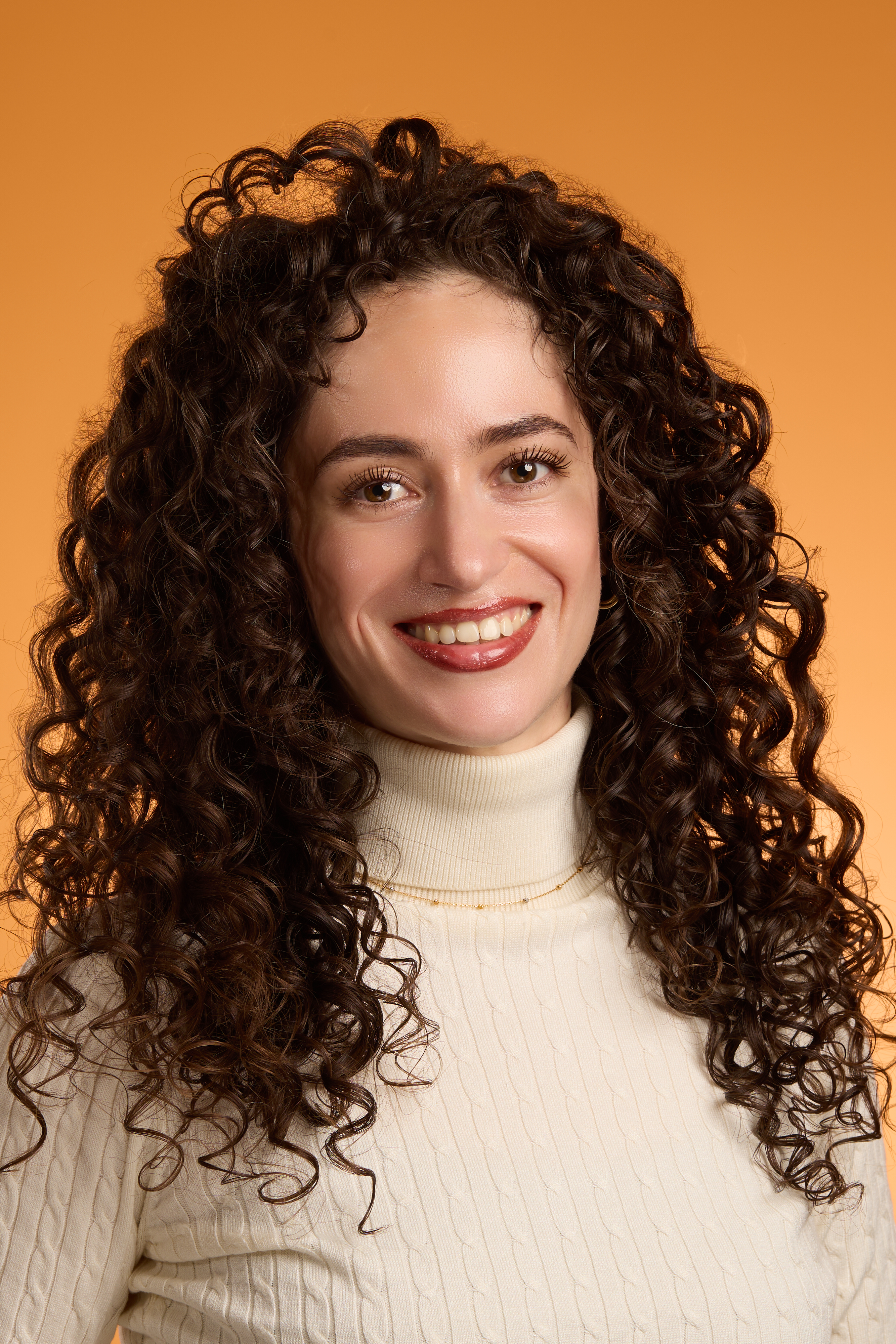
Aline Jabbari
- Scholar
- Netherlands
- 2025 PhD Social Anthropology
- Newnham College
Through my Ph.D. in Social Anthropology, I aim to make critical contributions to the fields of memory, trauma, and Kurdish studies and to advance academic place-making for underrepresented narratives and communities. As an aspiring anthropologist, I envision a path of engaged, interdisciplinary scholarship that can provide theoretical contributions to incumbent community dialogue and political reform and set potential frameworks for transformative justice in the aftermath of violence and genocide.
Previous Education
Utrecht University Law
Vrije University Amsterdam Peace, Trauma and Religion
Amna Jabeen
- Alumni
- Canada
- 2009 PhD Biological Anthropology
- Downing College
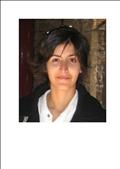
Amna Jabeen
- Alumni
- Canada
- 2009 PhD Biological Anthropology
- Downing College
What processes were involved in the evolution of the modern human brain and cognition? How can we study such processes? The material culture studied by archaeologists to understand the cognition and mind of early humans are the art objects left by people of early cultures. Some of the earliest examples of art belong to the European Upper Palaeolithic- a culture spanning between 30,000 to 10,000 years. The human subject in this art has been a controversial topic due to its supposed poor quality of execution and has led to numerous debates about the dichotomy observed in the graphical depiction of animal vs. human subject. Human figure is one of the fundamental subjects in modern society as it is one of the first figures drawn by children. Therefore what can we learn about the perceptual processes of the Palaeolithic people with regards to the human form. Was this schemata stable for the entire Upper Palaeolithic as proposed for the animal figure or did it change from phase to another?
Papa Momodou Jack
- Alumni
- Gambia
- 2018 PhD Geography
- Churchill College
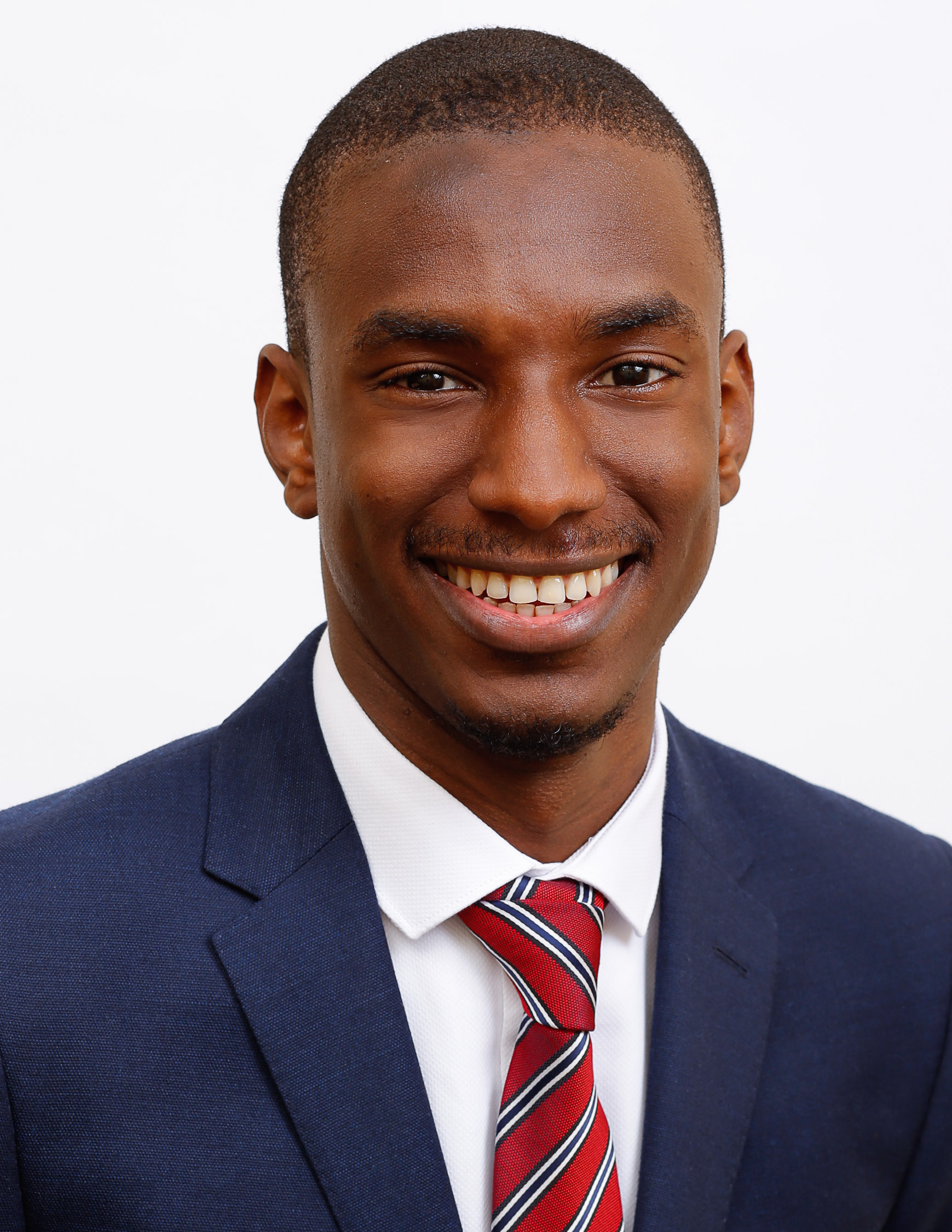
Papa Momodou Jack
- Alumni
- Gambia
- 2018 PhD Geography
- Churchill College
Momodou is a strategy consultant and international development specialist working across resilient infrastructure, green urban growth, and social policy. He received a Gates Cambridge Scholarship in 2018 to pursue a PhD in Geography, where he examined efforts to achieve universal health coverage in Ethiopia, focusing on how social positioning and street-level bureaucracy shape access and experience at the point of care, and how these everyday dynamics ultimately redefine what the policy becomes in practice. He also holds an MPhil in Development Studies from the University of Cambridge and a BA (Hons) in Geography from Newcastle University.
Previous Education
University of Cambridge MPhil in Development Studies 2018
Newcastle University BA (Honours) in Geography 2015
Links
https://www.synteraconsulting.com
https://www.linkedin.com/in/mjack-phd
Leandra Jackson
- Alumni
- United States
- 2018 MPhil Biological Science (Pathology)
- Churchill College
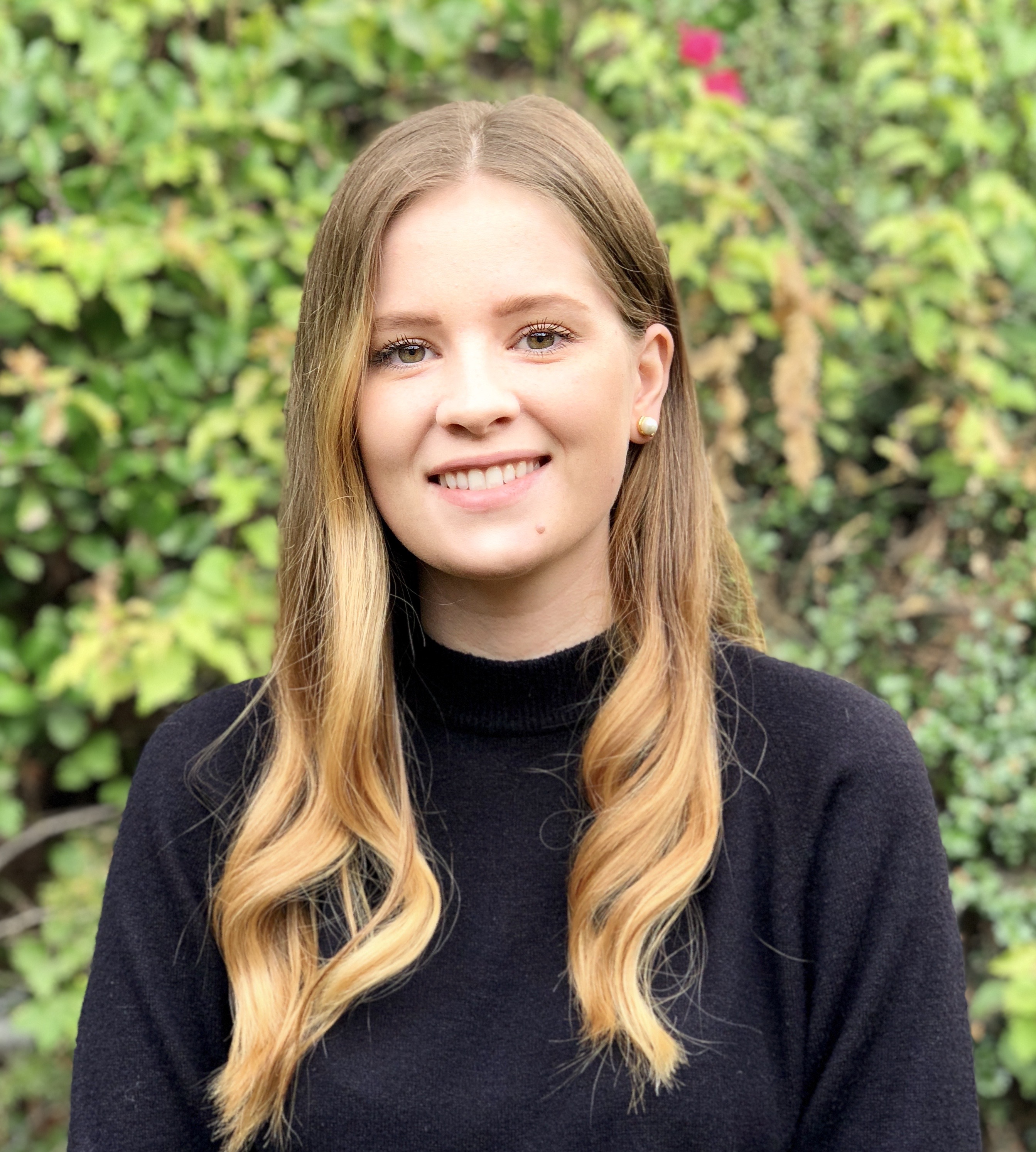
Leandra Jackson
- Alumni
- United States
- 2018 MPhil Biological Science (Pathology)
- Churchill College
While an undergraduate at the University of California, Irvine I have become fascinated with understanding the relationship between human health and disease, both at the population and molecular levels. As we arrive at the precipice of breakthroughs that will revolutionize how we mobilize the forces necessary to fight disease, I want to advance that process, actively aiming to not just treat cancer but also to understand it. I plan to combine my interest in cancer and the immune system to increase knowledge of how immunotherapies leverage the body’s natural defense mechanism and spur the development of personalized combination treatments. Perhaps the most striking place to make these discoveries is at the University of Cambridge working with Dr. Klaus Okkenhaug, where I will pursue an M. Phil in Biological Sciences. This opportunity builds upon my previous experiences working in the PI3K/mTOR field toward a deeper analysis of the molecular mechanisms that promote the formation of diffuse large B cell lymphoma (DLBCL). I hope my research will lead to a greater understanding of the mechanisms that influence the development of cancer and elucidate possible targeted therapeutics to combat the disease. As a future physician-scientist, I’m honored to join the diverse Gates Cambridge community and to work together towards improving the lives of others.
Previous Education
Saddleback College
University of California Irvine
Lillian Jackson
- Scholar-elect
- United States
- 2026 MPhil Archaeological Research
- Churchill College
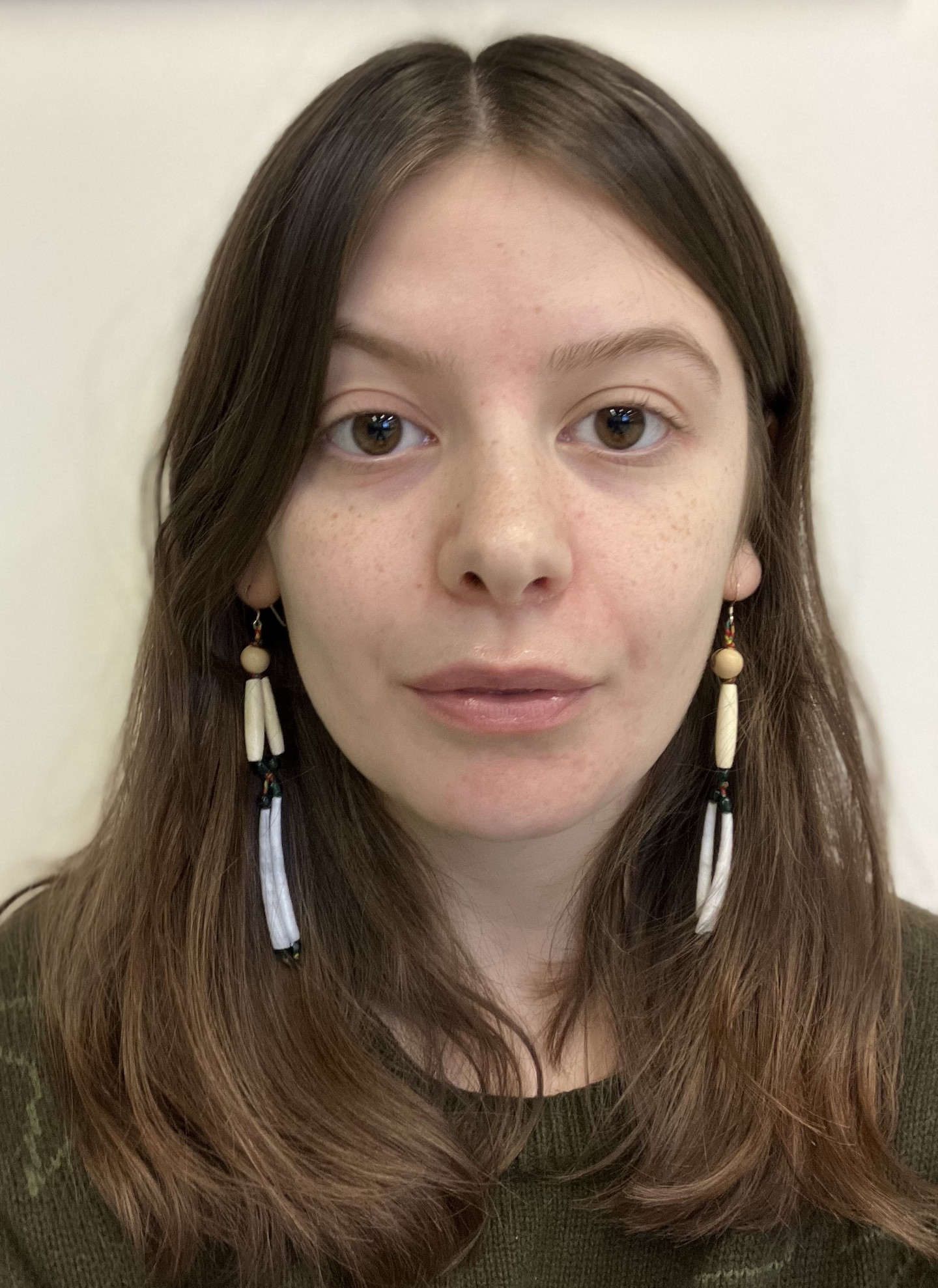
Lillian Jackson
- Scholar-elect
- United States
- 2026 MPhil Archaeological Research
- Churchill College
Although my undergraduate degree is in archaeological studies, my interests extend into ethnography, heritage management, and disease ecology. These fields intersect through the study of health and disease in ancient nomadic societies. Fieldwork in Mongolia, Ecuador, and Alaska led to my interest in human-environment interactions and the impact on health, social practice, and cosmology. I am interested in questions relevant to past and present, such as the role of infectious disease in Eurasian steppe history, as well as deep time sustainable human-animal relations and land management. My undergraduate research focuses on the place of ochre in structuring social networks in Terminal Pleistocene Malawi and my senior thesis identifies malaria in Iron Age Senegal. At Cambridge, I plan to work with the Henry Wellcome Laboratory for Biomolecular Archaeology in exploring livestock health and disease patterns during climate cycles in medieval Ethiopia. Through this work, I hope to link herders and livestock as stakeholders in the environment and connect past climate change to challenges facing modern herding communities. At Cambridge, I also hope to continue my involvement in initiatives for health education and menstrual equity.
Previous Education
Yale University Archaeological Studies 2026
Arun Jacob
- Alumni
- India
- 2008 MPhil Economics
- St Edmund's College
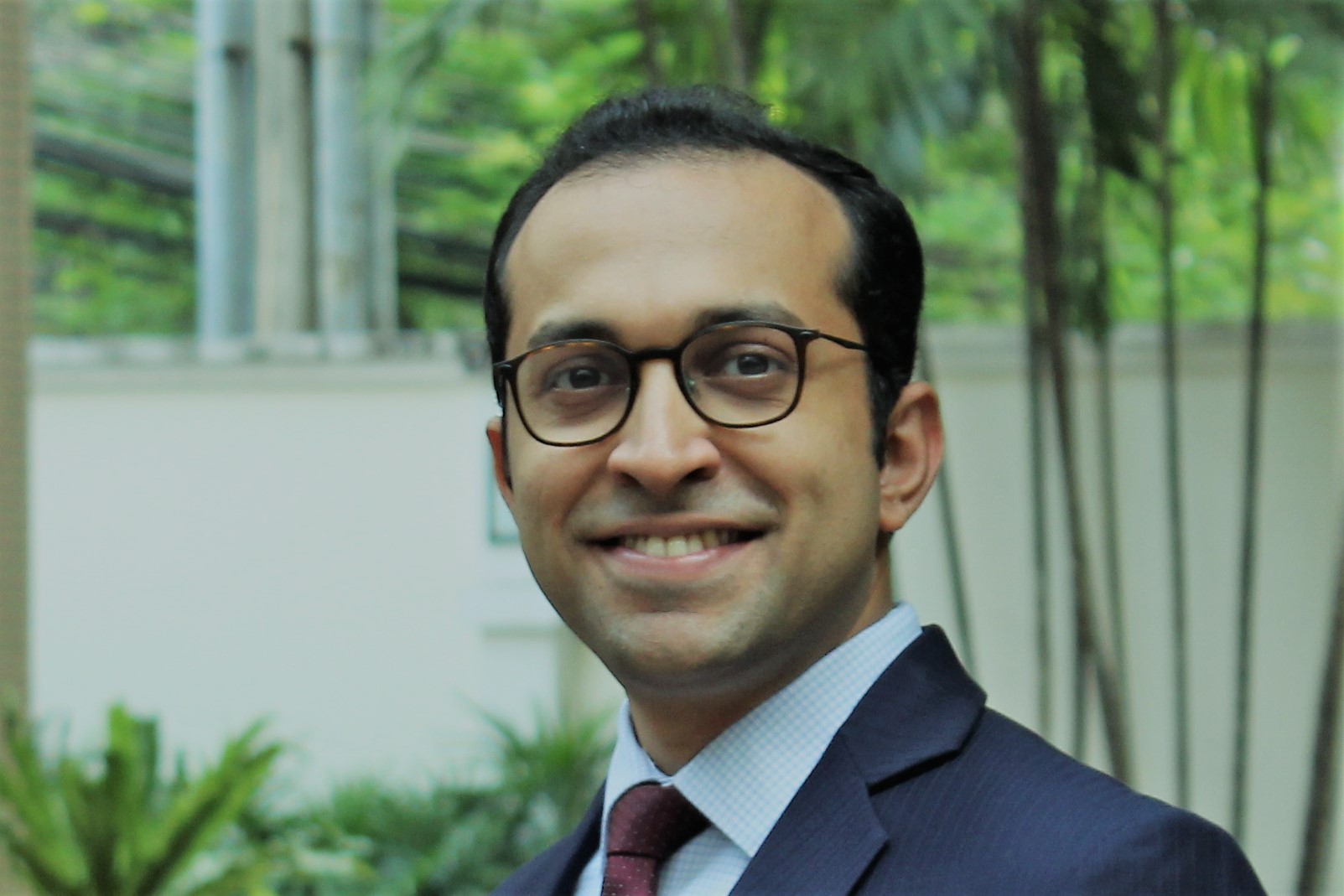
Arun Jacob
- Alumni
- India
- 2008 MPhil Economics
- St Edmund's College
Alexander Jacobs
- Alumni
- United States
- 2009 MPhil History, Philosophy & Sociology of Science, Techno
- King's College
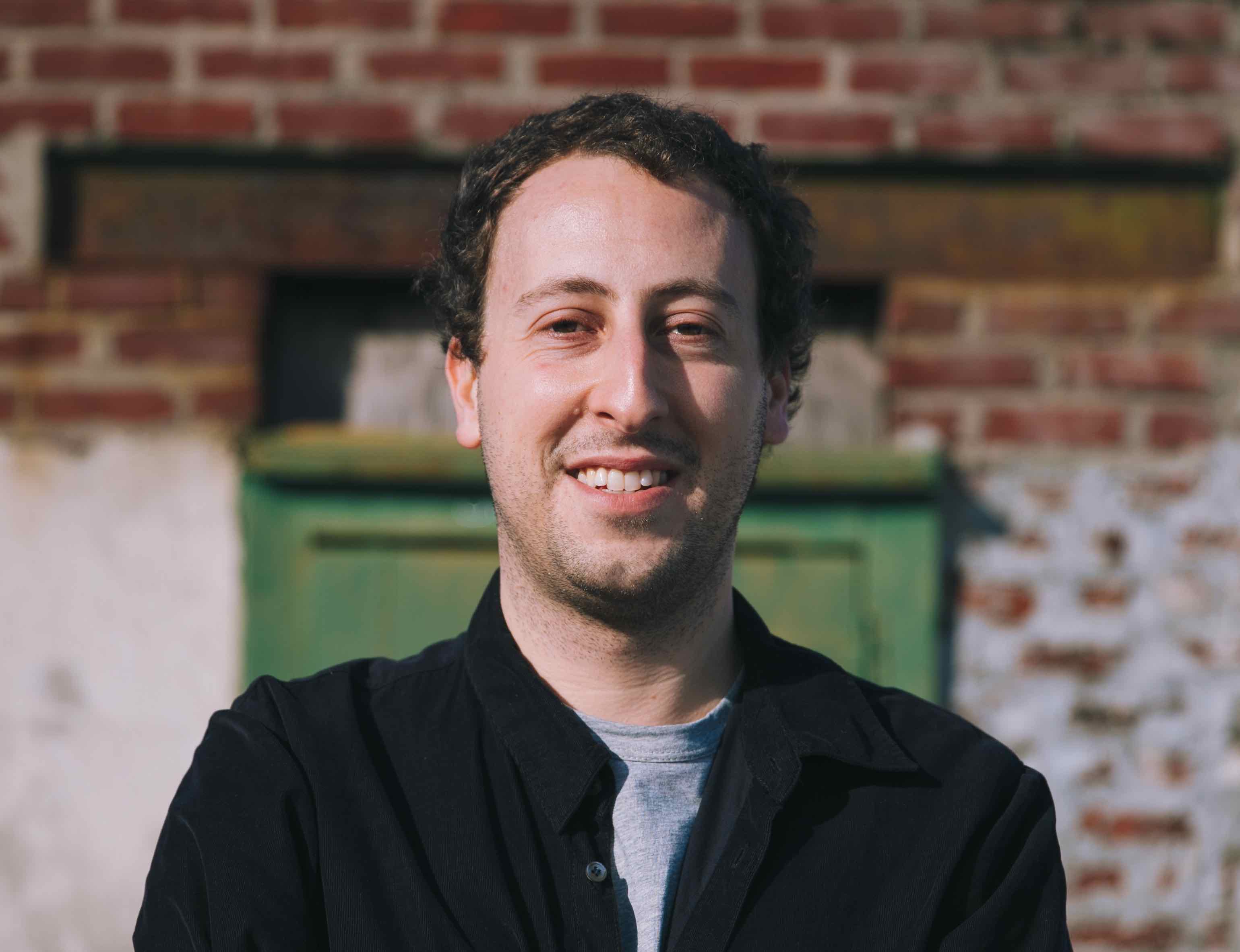
Alexander Jacobs
- Alumni
- United States
- 2009 MPhil History, Philosophy & Sociology of Science, Techno
- King's College
William Jacobs
- Alumni
- United States
- 2010 PhD Chemistry
- Emmanuel College
William Jacobs
- Alumni
- United States
- 2010 PhD Chemistry
- Emmanuel College
I recently graduated from the University of Virginia with concentrations in physics and computational materials science. At Cambridge I will be applying computational methods to the study of molecular recognition and multicomponent mixtures in Professor Daan Frenkel's theoretical chemistry group.
Tristan Jafari
- Scholar
- United States, Germany
- 2025 MPhil Population Health Sciences
- Hughes Hall
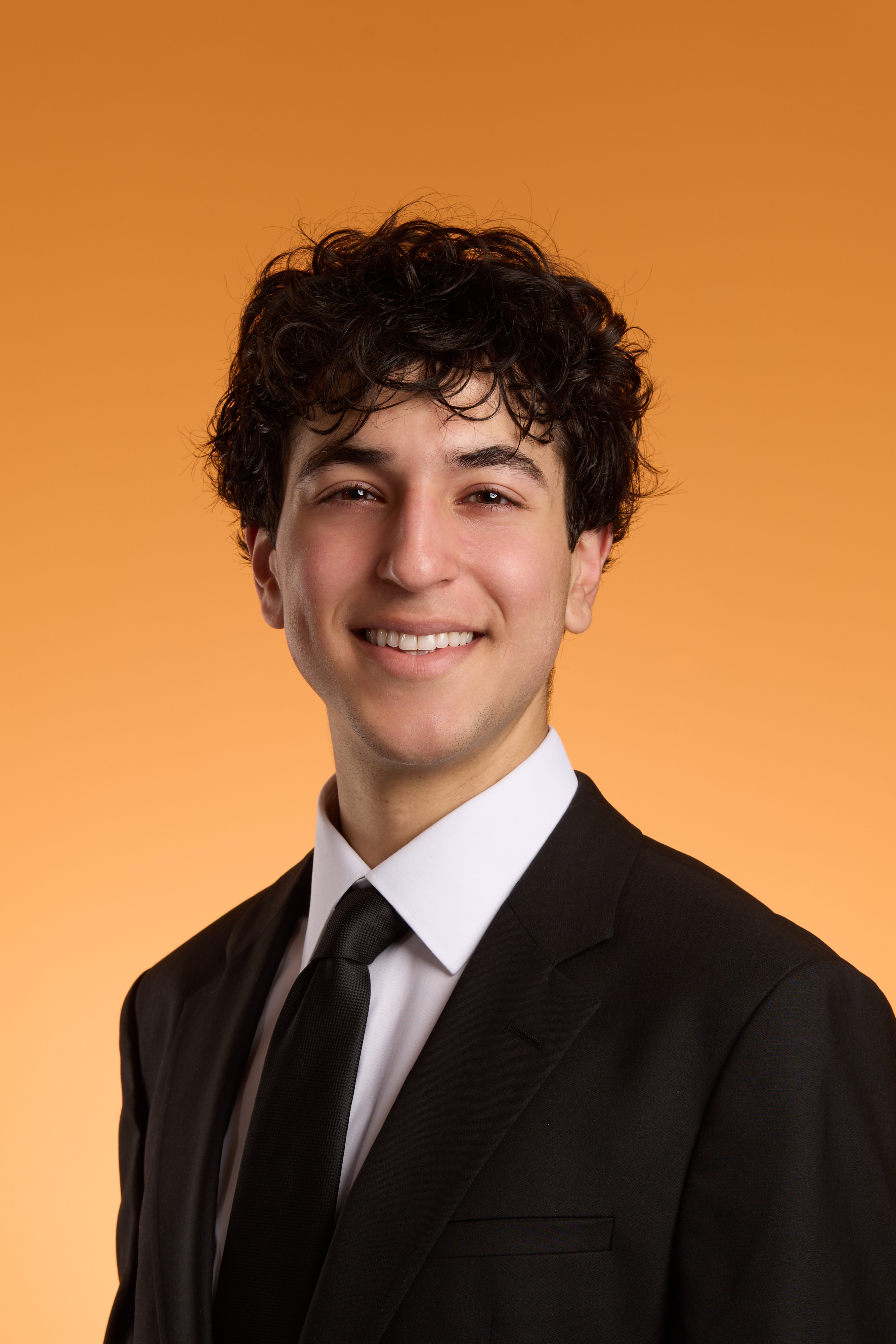
Tristan Jafari
- Scholar
- United States, Germany
- 2025 MPhil Population Health Sciences
- Hughes Hall
I am a biochemistry student at the University of Washington and am sincerely honored to be selected as a Gates Cambridge Scholar. Raised in a German-Iranian household near Seattle, I developed a deep appreciation for cultural identity, global perspectives, and bridging differences to solve complex problems.I work as a researcher to understand mechanisms underlying cardiometabolic disease, as an EMT providing care to underserved communities, and as a public health advocate focused on harm reduction and increasing access to lifesaving resources.At Cambridge, I will pursue a Master in Philosophy in Population Health Sciences. I aim to further my expertise in epidemiology and public health strategy, equipping myself with the tools to address the most pressing health challenges of our time, including addiction, chronic illness, and emergency response.Afterward, I hope to earn a Doctor of Medicine (MD), bridging clinical expertise with population-level interventions to drive systemic improvements in healthcare accessibility and outcomes.I’m grateful for this opportunity, incredibly excited to learn at Cambridge, and committed to using this gift of education to improve lives.
Previous Education
Everett Community College College In The High School
North Seattle College Emergency Medical Technician
University of Washington Biochemistry
Vineet Jagadeesan Nair
- Alumni
- India
- 2018 MPhil Energy Technologies
- St Edmund's College
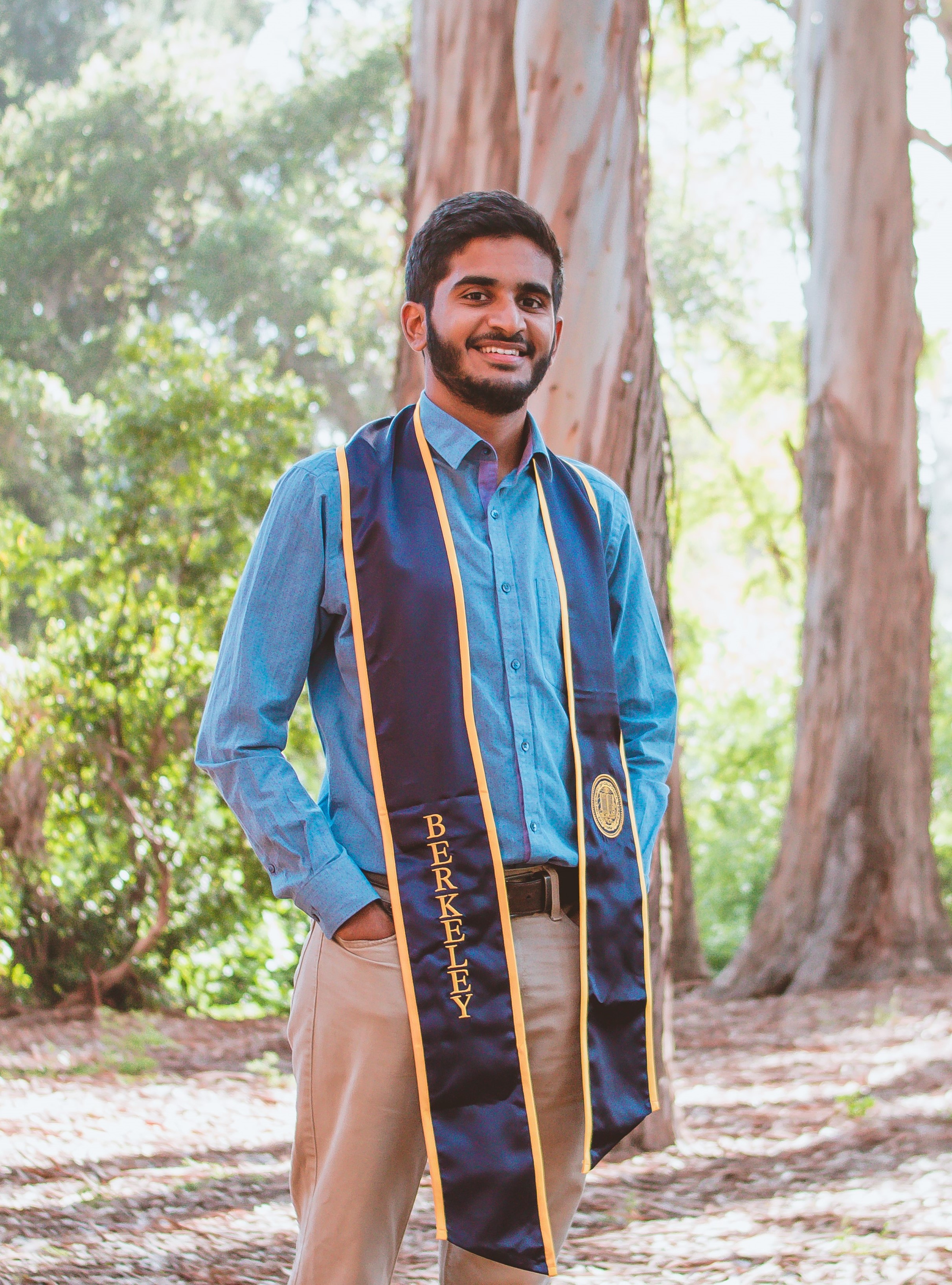
Vineet Jagadeesan Nair
- Alumni
- India
- 2018 MPhil Energy Technologies
- St Edmund's College
Although born in India, I spent most of my life in Bahrain and Dubai. This made me aware of the inequalities between oil-rich regions like the Middle East and resource-constrained developing nations, in energy security and access to clean technologies. Thus, I developed a passion for energy and environmental sustainability. I knew that I would need a diverse skill set to tackle such complex, multifaceted issues. This is why as an undergraduate at UC Berkeley, I studied both Mechanical Engineering and Economics with a minor in Electrical Engineering & Computer Sciences. By engaging in activities ranging from honors research to environmental consulting, I gained exposure and worked on technologies including (1) Organic solar cells (2) Low-cost home energy monitors for smart, efficient grids and (3) Novel energy storage solutions such as printed batteries and high-capacity Lithium-ion cells. During my MPhil in Energy Technologies at Cambridge, I hope to gain more in-depth technical insight into various energy systems and strategies to combat climate change, spanning everything from carbon capture and abatement to renewable power generation. As part of my thesis, I also plan to specifically research how optimization principles and control theory may be applied to energy harvesting, storage, and distribution. I am honored to be a Gates-Cambridge scholar and grateful for this opportunity to contribute towards more efficient, affordable and globally accessible sustainable energy sources.
Previous Education
University of California, Berkeley
Links
https://www.facebook.com/vineetjnair9
https://www.linkedin.com/in/nairvineet9
Sridhar Rajan Jagannathan
- Alumni
- India
- 2015 PhD Psychology
- Churchill College

Sridhar Rajan Jagannathan
- Alumni
- India
- 2015 PhD Psychology
- Churchill College
What differentiates the truly great people from the rest? I believe it is standing tall in the face of adversity. Growing up in one of the biggest cities (Chennai) in India, I saw the struggle my parents faced to provide a quality education to me. Despite never having been to a university, they strived hard to provide for my university education. To say it in the words of my mom "As humans we don't live forever, why don't we make something that lasts forever". This is my motivation for research. My quest took me from India to the Netherlands and then to UK. Here at Cambridge, I would be working on the entanglement between consciousness and attention. I aim to create a cognitive neuroscience inspired model on the deficits of attention during transitions of consciousness. Further to apply them in patients with attentional deficits like Stroke to predict their recovery prognosis. During my PhD, I would like to combine my expertise in clinical (Maastricht University), cognitive (Radboud University Nijmegen) neuroscience along with my knowledge in mathematical methods (University of Oxford) to provide a holistic approach to the problem in question. I'm truly humbled at this award and would like to thank my friends, family and my teachers for supporting me through thick and thin. I look forward to join the vibrant Gates Cambridge community and contribute my part to this noble cause.
Previous Education
Radboud University Nijmegen
Technical University of Eindhoven








